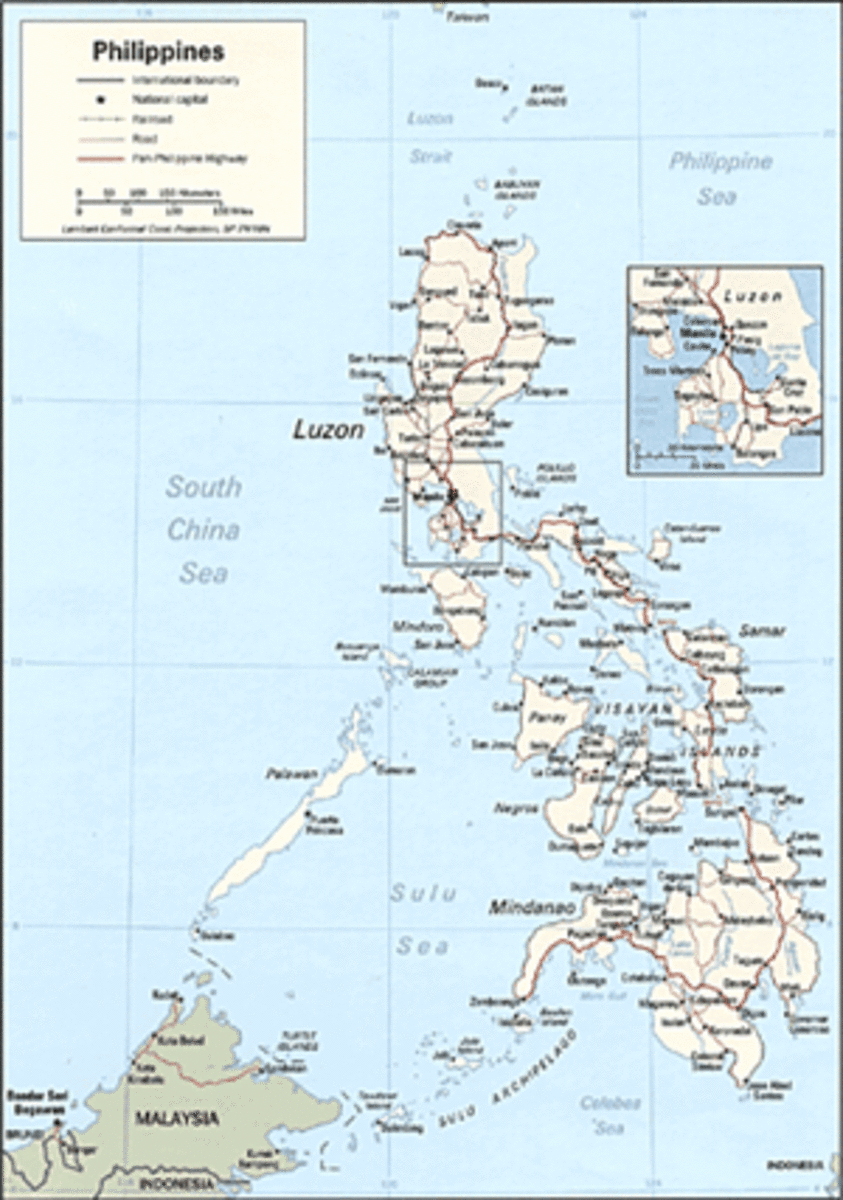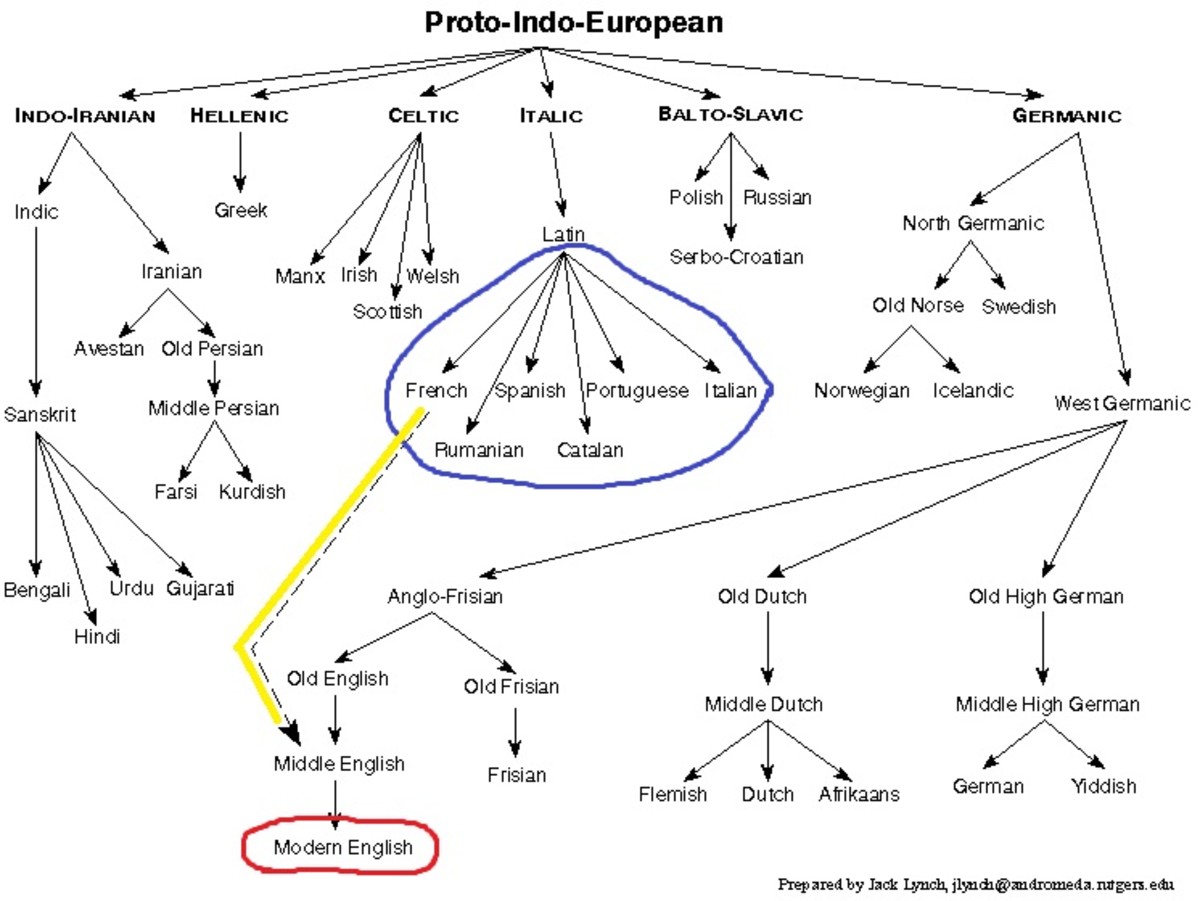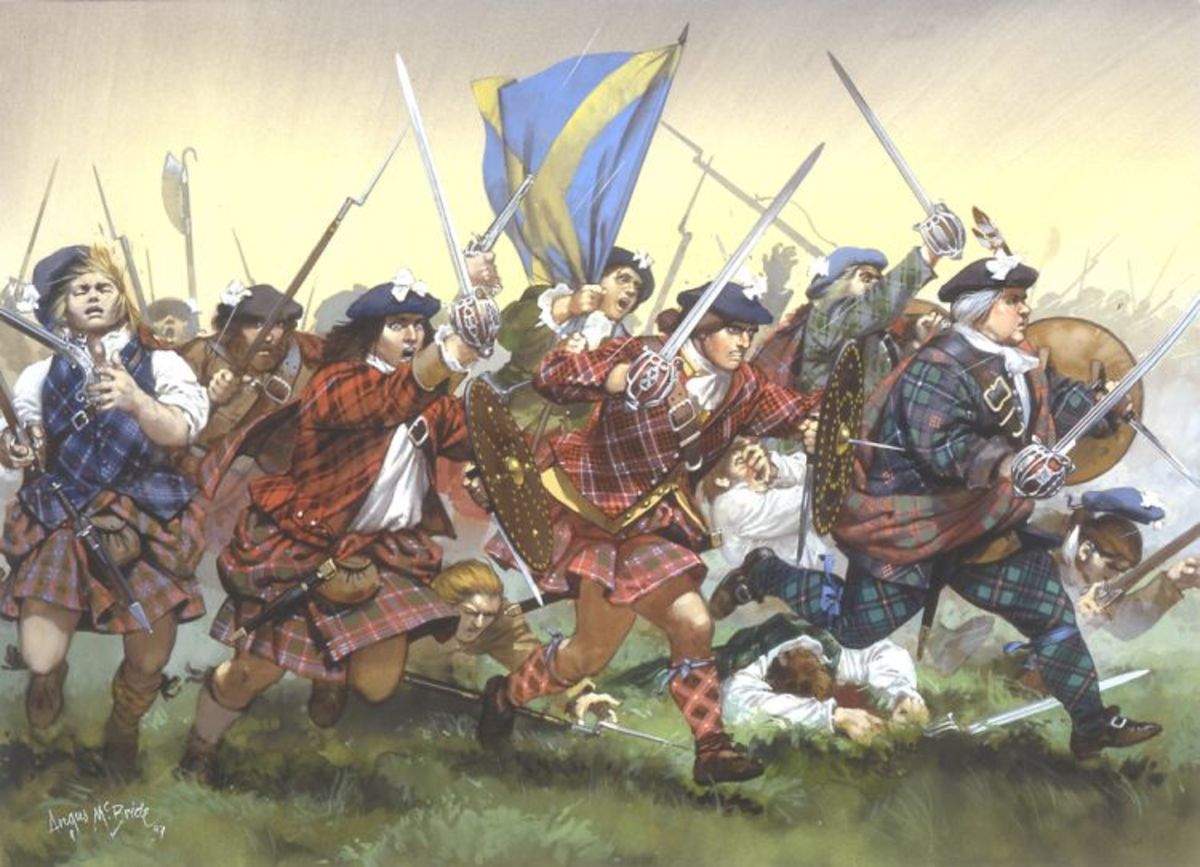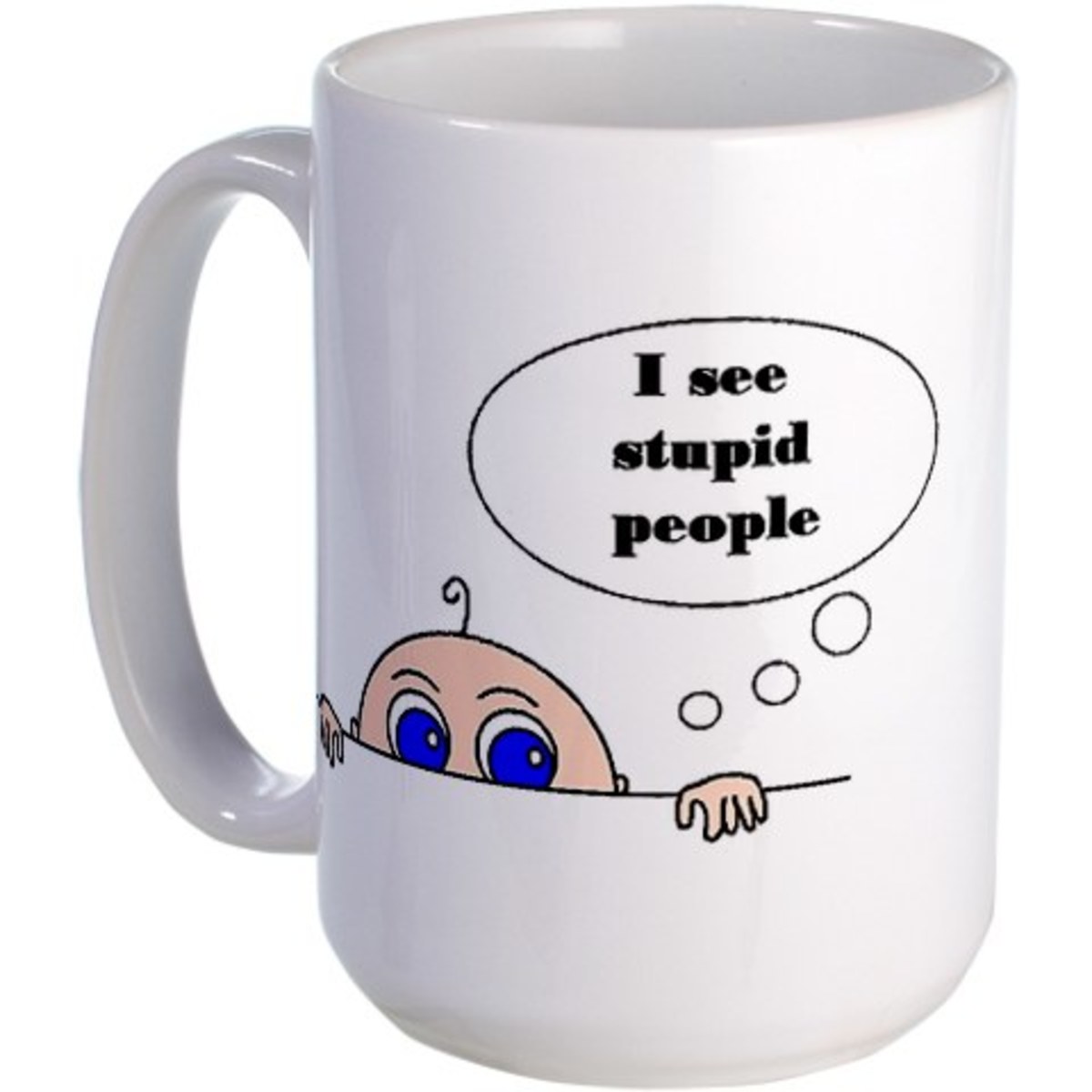How English became a national language?
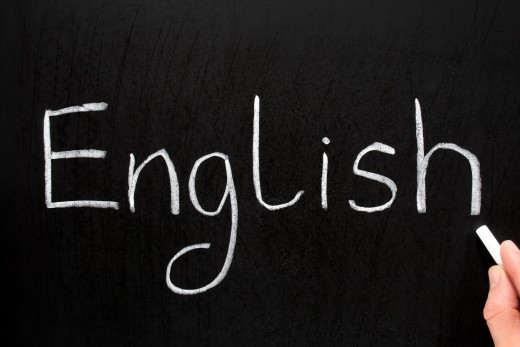
English now is being spoken approximately all over the world. For that, there are number of models for describing the spread of English, but the most influential one is devised by Braj Kurchu and known as ‘The three circles of English’. The three circles are divided as (Inner circle, Outer circle and expanding circle).
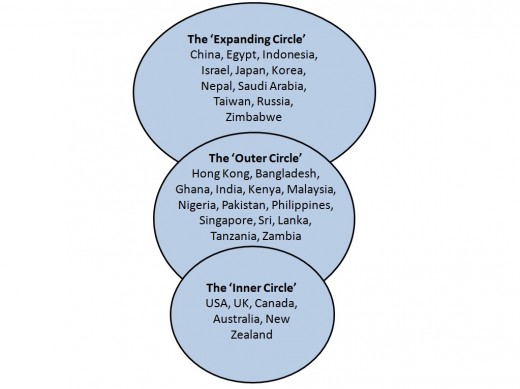
The inner circle of English-speaking countries is composed of those places where language is the mother tongue for the vast majority of the population. This circle considers not only the UK but also those countries colonized by Britain such as: USA, Australia, New Zealand and Canada. Kurchu calls them (Norm-providing) countries. In addition, when people learn English as a foreign language in a country such as China, they try always to look to Standard British or Standard American as a model.
The outer circle also considers countries colonized by Britain. But those countries did not display their mother tongue but English became an official language in their educational and administration fields, such as: India, Philippians, Taiwan, Kenya and Ghana. Kurchu calls those countries (Norm-developing) countries and English is treated as ESL (English as a second language).
Finally there is the expanding circle which refers for the rest of the world. In these countries English is treated as a foreign language. Kurchu calls these countries (norm-dependent) and they also follow UK or USA Standard English as models. English is treated as an EFL (English as a foreign language), so they learn English in educational fields for a purpose such as tourism or to read foreign literature.
However, the model deals with the language only at the level of the nation state. Also, the model fails to take account of countries which do not fit into the scheme. As the case of South Africa, there are now eleven official languages and English will be learnt as a mother tongue by large sections of the population. Even in the inner circle, he mentioned (Canada and New Zealand) which they are officially bilingual and do not fit unproblematically into the model.

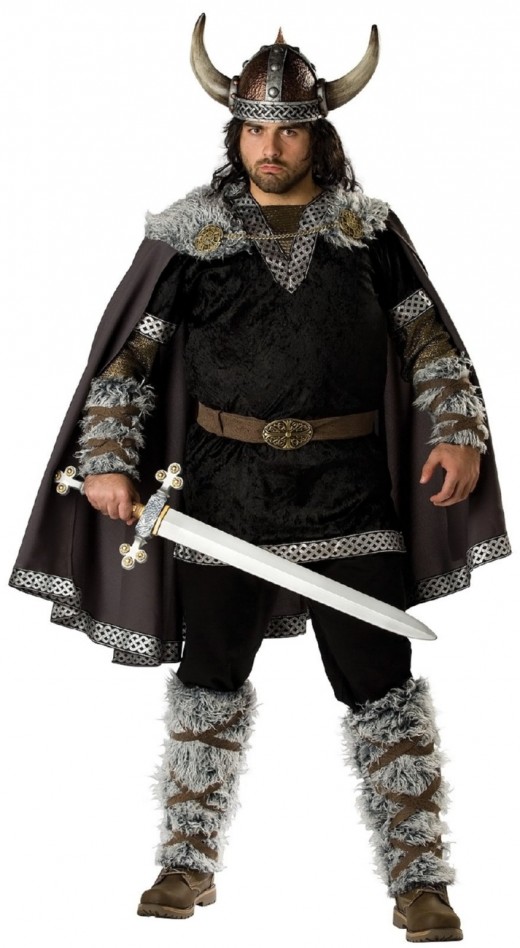
Each active language is developed on the ruins of dead languages. The story of English started with the arriving of the Anglo-Saxons. The history of English language passed through seven ages.
Firstly, there is the ‘Pre-English’ period (55-450 AD). Local language in Britain was Celtic, and the inhabitants known as Celts or Britons. After the Roman invasion, Latin becomes the local language of culture and government. Many countries in Britain were bilingual Celtic-Latin. The island (excluding Scotland) is widely known by its Latin name, Britannia (Britain).
Secondly, there is the ‘Early old English’ period (450- c.850). The Anglo-Saxons invasion which was after the Roman withdrawn and settlers bring variety of Germanic dialects for mainland Europe. English borrows many words from Latin via the church.
Thirdly, the ‘Later old English’ period (450- c.110); it was the extensive invasion of the Scandinavian (The Vikings) in the north of England dialects of English become strongly influenced by the Scandinavian languages. In South King Alfred arranges for many Latin texts to be translated.
Fourthly, ‘Middle English’ period (1100-c.1450); Norman’s conquest and Norman rule. English vocabulary and spelling affected by French, which became the official language of Britain. Educated English people trilingual (French, Latin and English).
Fifthly, the ‘Early Modern English’ period (1450 – c. 1750); includes (The Renaissance, the Elizabethan era and Shakespeare). The rule of the church of Latin and French declines and English becomes a language of science and government. Britain grew according to overseas colonies. English taken to the Americas, Australia and India, slave trade carried African people speaking different African languages to the Caribbean and America. The rise if printing and providing the language with dictionaries and grammars, in addition to the Union of England and Scotland in 1707; all helped to spread and emerge the English language.
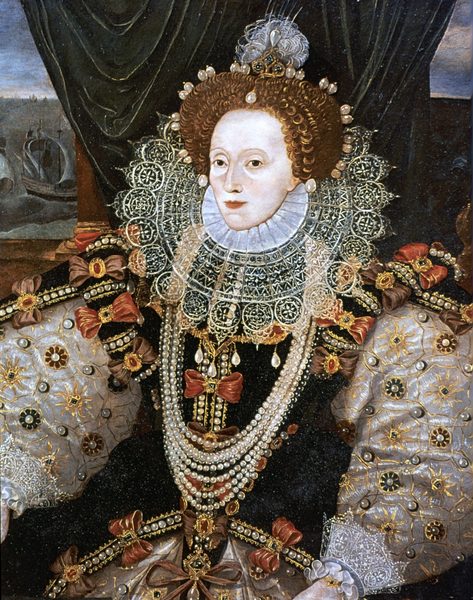
Sixtly, the period of ‘Modern English’ (1750-c.1950); Britain experiences Industrial Revolution imperial power. English become the language of the education all over the world. Also, it became the language of advertising as well as the communications technology.
The last age is the age of ‘Late modern English’ (1950 ــــ) until now. Britain retreats from empire and new standardized varieties of English emerge in new independent countries. English becomes the international language of communication technology.
As I mentioned before, English was not the original language of England. Prior to the arrival of the Anglo-Saxon in Britain in the 400s, the inhabitants of the island spoke Celtic languages. After the Roman conquest of 1066 English was not the first language of the ruling classes. For several centuries, both French and Latin were spoken in England and English was the language of the lower classes and for everyday life. Latin was spoken –mostly- in the churches.
By the fourteenth century, when official government documents were first written in English, the Standard English began to emerge. Today we can speak English fluency because of schools and media which has promoted it. However, it is not easy to see the history of English as a simple move from the diversity to homogeneity because variation still exists in English even within England.
The history of English is full of events and the hybrid (mixture) nature of English, the social political nature of Standardization. The diversity that countries use to characterize English in England makes English a national language.
English is a language that has changed considerably over the last thousand or so years. It has changed in terms of its lexis (vocabulary), spelling, semantics (meaning) and changed as well in terms of its syntax (word order). One of the reasons for the change that has happened to English over the centuries is that, since its very beginning, English has always been in contact with other languages. For that, English is full with ‘Loan words’ or ‘Borrowing words’ that refers to an item of vocabulary from a language to another language.
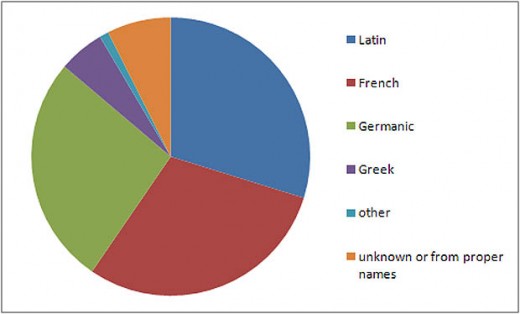
The dominant language often absorbs new items of vocabulary, either to cover concepts for which it has no specific word of its own or generate a concept which does not have such existing words. Some loan words retain their foreign appearance when they are adopted. For example, we could speak in French when we speak English. However, invoking images of French culture enhance the meaning of what is being communicated. Other loan words become completely naturalized, until speakers of the language no longer notice its foreignness.
How many stars do you give the English language?
© 2016 Rola Maher Abboud



